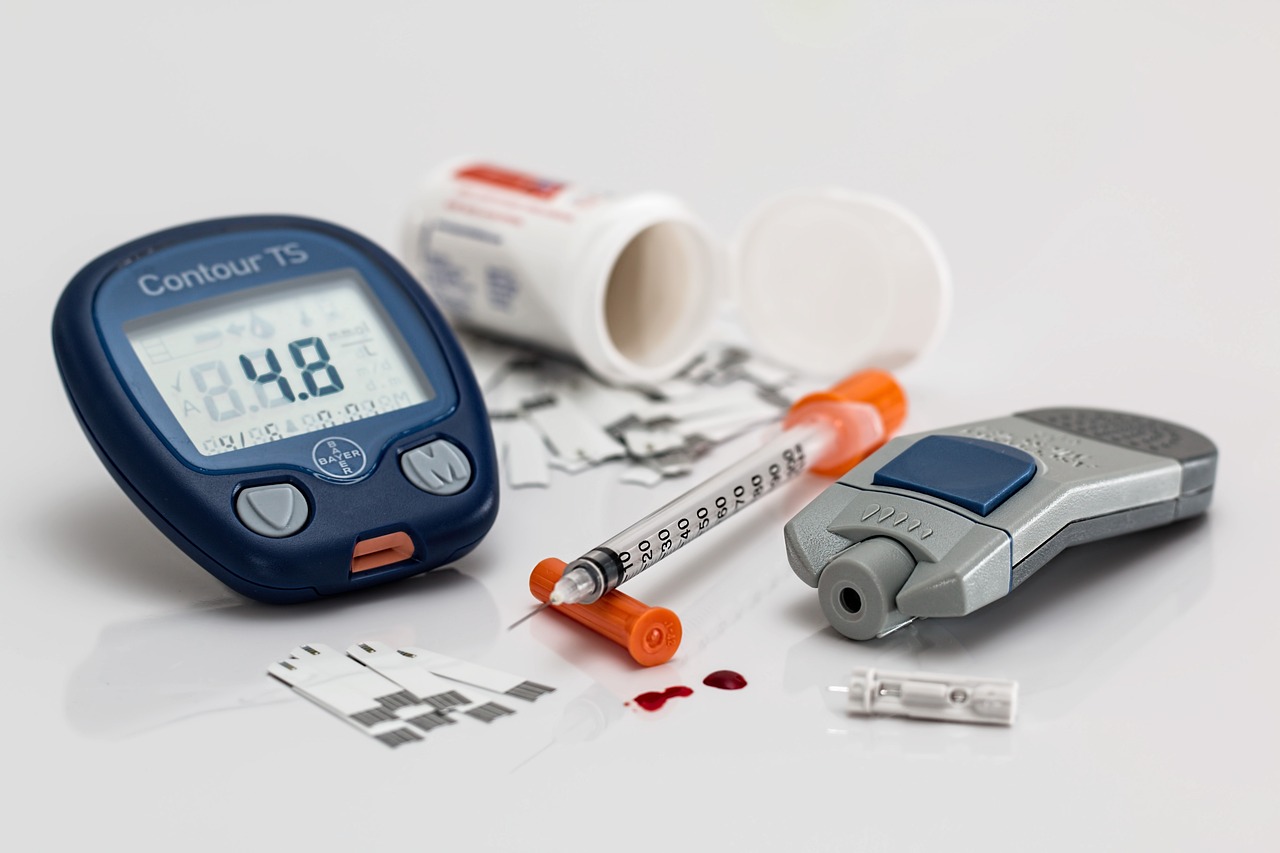How To Manage Insulin Diets And Diabetes
Wednesday 31 May 2023
Wednesday 31 May 2023
Controlling blood sugar levels is critical for those living with diabetes.
Many diabetics rely on insulin to help them control their blood glucose levels.
It is critical to take particular health measures while introducing insulin into your daily routine to safeguard your safety, optimise insulin efficacy, and preserve overall well-being.
This article will go over important measures to take while following an insulin diet.

It is critical to regularly monitor your blood sugar levels in order to decide the correct insulin dosage.
Track your blood sugar levels throughout the day with a glucose metre or a continuous glucose monitoring system (CGM).
This will allow yo
Controlling blood sugar levels is critical for those living with diabetes.
Many diabetics rely on insulin to help them control their blood glucose levels.
It is critical to take particular health measures while introducing insulin into your daily routine to safeguard your safety, optimise insulin efficacy, and preserve overall well-being.
This article will go over important measures to take while following an insulin diet.

It is critical to regularly monitor your blood sugar levels in order to decide the correct insulin dosage.
Track your blood sugar levels throughout the day with a glucose metre or a continuous glucose monitoring system (CGM).
This will allow you to alter your insulin dosages as needed to maintain stable blood sugar levels.
Use suitable procedures and follow your healthcare provider's advice to ensure effective insulin dosage.
As directed, use insulin syringes, insulin pens, or insulin pumps.
To avoid mistakes, double-check the concentration and type of insulin before delivering each dose.
Maintain a consistent schedule for insulin shots or pump use to build a regimen.
This helps to keep blood sugar levels stable and minimises swings.
To properly manage post-meal blood sugar increases, time your insulin dosage with your meals.
To keep your insulin effective, store it appropriately.
Insulin should be stored in a cool, dry place away from direct sunlight, excessive heat, and freezing conditions.
Insulin should not be stored in the refrigerator door because temperature variations can reduce its efficacy.
Examine the expiration date and throw away any expired insulin.
Maintain a healthy, well-balanced diet that includes a range of nutritional foods.
Throughout the day, aim for a balanced distribution of carbs, proteins, and fats.
Include lots of nutritious grains, lean meats, healthy fats, and veggies and fruits.
Consult a certified dietitian to develop a personalised food plan that meets your insulin demands and particular health needs.
Learn how to count carbohydrates to help decide the correct insulin dose before meals.
Understanding the carbohydrate composition of your meals enables you to precisely calculate the insulin-to-carbohydrate ratio.
This approach helps to synchronise insulin dose with carbohydrate consumption, providing improved blood sugar management.
Participate in regular physical exercise as directed by your healthcare physician.
Exercise can aid with insulin sensitivity and blood sugar control.
However, because physical activity can affect glucose levels, it's critical to check your blood sugar levels before, during, and after exercise.
To avoid hypoglycemia before or after exercise, adjust your insulin doses and keep a snack on hand.
Keep an eye out for the signs and symptoms of hypoglycemia (low blood sugar).
Common symptoms include sweating, shaking, disorientation, confusion, and irritability.
Carry a supply of fast-acting carbohydrates, such as glucose pills or gel, with you at all times to treat low blood sugar episodes quickly.
Share information about hypoglycemia with family, friends, and coworkers, and consider wearing a medical warning bracelet or necklace.
Schedule regular check-ups with your healthcare team, including your endocrinologist, diabetes educator, and registered dietitian.
These professionals can monitor your overall health, adjust insulin doses if needed, provide guidance on diet and exercise, and address any concerns or questions you may have.
Taking necessary health precautions when on an insulin diet is critical for effectively managing diabetes and preserving overall well-being.
An insulin regimen must include consistent monitoring, correct dose, adequate storage, balanced meals, carbohydrate tracking, frequent physical exercise, hypoglycemia awareness, and regular medical check-ups.